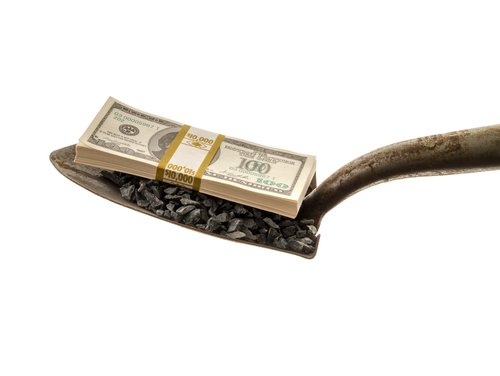A coalition of financial services associations weighed in this week on the Consumer Financial Protection Bureau’s (CFPB) recent policy statement on governing abusive acts or practices.

In a comment letter, the groups expressed concerns over what they called the CFPB’s hasty approach to this policymaking, as well as what they see as a deviation from statutory requirements and failure to provide clear guidance.
“Responsible providers already take steps to identify and avoid practices that may be unfair, deceptive or abusive, and federally regulated financial institutions have extensive compliance management systems specifically to monitor for such conduct,” the coalition wrote. “By identifying conduct that may be abusive because it is more egregious than conduct that is solely unfair or deceptive, the Bureau will enable institutions to better calibrate compliance systems, change practices and better protect consumers.”
The comment letter was signed by several organizations, including the Bank Policy Institute, American Financial Services Association, Consumer Bankers Association, Credit Union National Association, Mortgage Bankers Association, and the U.S. Chamber of Commerce.
Congress granted the CFPB authority to regulate unfair, deceptive, or abusive acts or practices, however, the specific application of this authority has been unclear. Instead of issuing a request for information or other solicitation for feedback on the interpretation of “abusiveness,” the CFPB issued a policy statement in April 2023 to define “abusive” acts and sought comments after it was published in the Federal Register.
The groups found several flaws in the policy statement. Among them, they say it deviates from the statute in that there is no distinction made between unfair and deceptive acts or practices and abusive acts. Also, they said it increases uncertainty and fails to point to important factors indicative of an abusive act or practice. Instead. It refers to generic activities such as “obscuring features, products or services” or taking “unreasonable advantage” of a consumer.